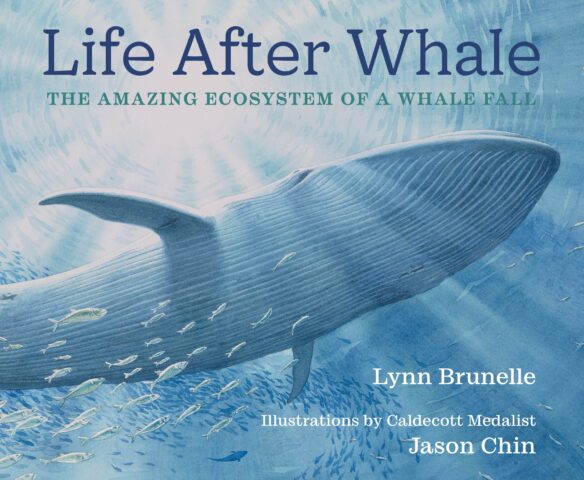
Crown jellyfish, Meeru Island, Maldives. Photo source: ©© Sleepychinchilla
Excerpts;
Will we soon be forced to eat jellyfish? Since the beginning of the 2000s, these gelatinous creatures have invaded many of the world’s seas, like the Japan Sea, the Black Sea, the Mediterranean Sea, etc. Is it a cyclic phenomenon, caused by changes in marine currents or even global warming? Until now, the causes remained unknown. A new study conducted by IRD researchers and its partners, published in Bulletin of Marine Science, exposes overfishing as the main factor…
Jellyfish predators, such as tuna and sea turtles, are disappearing due to overfishing. However, jellyfish are primarily taking advantage of the overfishing of small pelagic fish. Just like these cnidarians, sardines, herring, anchovies and more feed off zooplankton. Thus, they represent their main competition for food. In areas where too many of these fish are caught, they free up an ecological niche. Jellyfish now have free rein and can thrive.
Read Full Article, Science Daily
Are Jellyfish Increasing in the World’s Oceans? A UCSB Study (Uploaded 02-03-2012)
Blooms, or proliferation, of jellyfish have shown a substantial, visible impact on coastal populations, clogged nets for fishermen, stinging waters for tourists, even choked intake lines for power plants, and recent media reports have created a perception that the world’s oceans are experiencing increases in jellyfish due to human activities such as global warming and overharvesting of fish.
Jellyfish On the Rise in World’s Coastal Ecosytems, Science Daily (Uploaded 04-28-2012)
Jellyfish are increasing in the majority of the world’s coastal ecosystems, according to the first global study of jellyfish abundance by University of British Columbia researchers.








